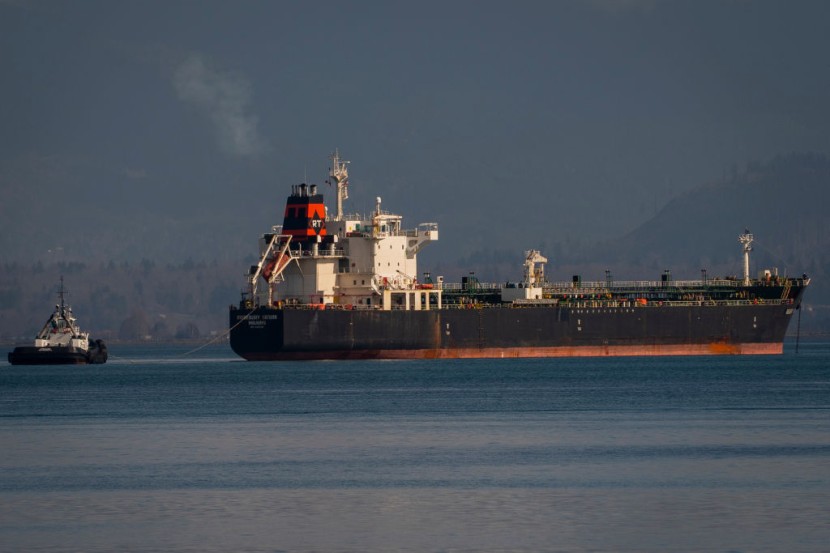
The G7 oil price cap has little effect on Russia as its oil imports still earn a hefty sum, even as the US-led allies scramble to cut off Moscow.
Russian Oil Imports Barely Affected by Price Cap
It is quite clear the price cap has failed, and the western embargo on Russian oil authored by Washington has not stopped the big bucks for Moscow. Sources say the $60 per barrel is not enough, reported Republic World.
A combined effect of the cap by the Group of Seven major democratic countries and the EU ban is costing Russia approximately 160 million euros ($171.9 million) per day, the Helsinki-based Centre for Research on Energy and Clean Air stated in an analysis of the first weeks of the sanctions, which took effect on December 5.
Following the figures, Moscow still earned 640 million euros daily from fossil fuels, down from 1 billion euros each day from March to May 2022, immediately following the country's declaration of war on Ukraine on February 24.
Starting February 5, Moscow would lose an extra 120 million dollars per day as the EU inhibits imports of refined oil products such as diesel fuel, of which Russia is a major provider. It would decrease Moscow's daily income to 520 million euros by February, noted Market Watch.
Despite this, Russia is earning roughly 3.1 billion euros in revenue from transporting oil under the price cap, in addition to 2 billion euros in tax revenue. Reducing the price cap to $25-$35 per barrel will almost completely eradicate tax revenue by trying to bring the price closer to the cost of production, citing Outlook India.
Russian Seaborne Oil Price Cap
The current valuation cap is higher than the price for Russian oil and stays inside the range specified by Moscow to maintain its expenditure, citing Offshore Technology.
Nations around the world have found it challenging to find a way to cut the revenue from coal and oil, which is the principal source of income for Russia's government budget and its military conflict with Ukraine.
European Union is overly dependent on Russian fossil fuels to power its economic growth, and steeply higher energy costs during the war assisted in driving European and American inflation through the roof.
A minimum price was invented by the Group of Seven major democratic countries as a method of keeping Russian flow going to other regions of the world while attempting to avoid dramatically greater energy costs while lowering the Kremlin's earnings. They impose the cap by restricting western insurers from hauling Russian oil shipments valued well above the limit.
An EU oil embargo precludes the vast bulk of Russian oil from reaching the destination by cargo vessel. Reducing the limit may have unexpected effects because Russian President Vladimir Putin had already mentioned that Russia would not sell oil to countries that follow the cap. This danger has yet to emerge because the limit is higher than the current market price.
Oil markets, on the other hand, are more worried about falling sales from a slowing world economy than a potential loss of Russian oil, and prices have dropped.
The forecasts were accumulated by a research center that proposed restrictions on selling old tankers to stop Moscow, its allies, and linked traders from gathering a substitute fleet. This oil price cap has not hampered Russia and its oil imports. The Western embargo is nothing more than a pipe dream of the US and its allies.
Related Article: Vladimir Putin To Restrict Oil Deliveries to Nations Supporting G7 Price Cap Starting February 1
© 2026 HNGN, All rights reserved. Do not reproduce without permission.








